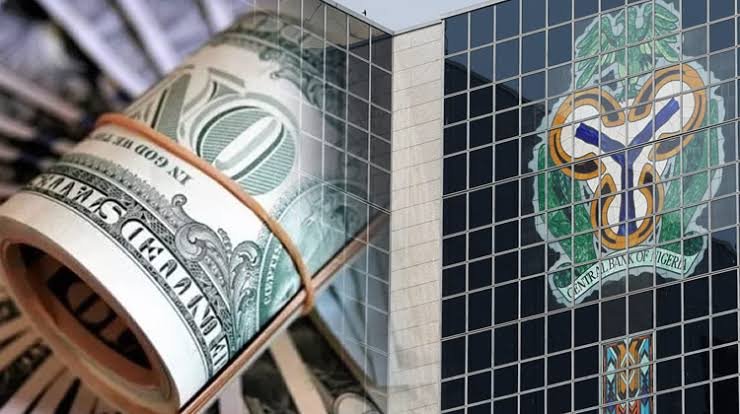CBN lifts restriction on $10k deposit on domiciliary accounts

The Central Bank of Nigeria (CBN) on Sunday said cash deposits into domiciliary accounts will no longer be restricted.
The apex bank made this known in a statement issued after a meeting with the bankers’ committee on Sunday.
The meeting was meant to provide further guidance to deposit money banks (DMBs) on the recent operational changes to the foreign exchange market and to discuss the implementation and implications of the policy changes for the banking public.
The guidance includes allowing all visible and invisible transactions to be eligible for the Investors’ and Exporters’ window, granting unrestricted access to funds in ordinary domiciliary accounts, and permitting cash deposits not exceeding $10,000 per day or its equivalent via telegraphic transfer.
According to the CBN, the policy changes aim to promote transparency, liquidity, and price discovery in the FX market in order to improve FX supply, discourage speculation, enhance customer confidence and ensure overall stability in the FX market.
“All visible and invisible transactions (medicals, school fees, BTA/PTA, airline, and other remittances) are eligible for the Investors’ and Exporters’ (I & E) window.
“DMBs shall ensure expeditious processing of all eligible invisible transactions on behalf of their customers using the applicable rate at the I & E window.
“Ordinary domiciliary account holders shall have unfettered and unrestricted access to funds in their accounts.
Domiciliary account holders are permitted to utilize cash deposits not exceeding USD$ 10,000 per day or its equivalent via telegraphic transfer. DMBs shall provide returns to the CBN including the purpose for such transactions.
“Cash deposits into domiciliary accounts will not be restricted, subject to DMBs conducting proper KYC, due diligence, and adhering to the spirit and letter of extant AML/FT laws and other relevant rules and regulations.
“The CBN will prioritize orderly settlement of any committed FX forward transactions as they fall due in order to further boost market confidence.”
